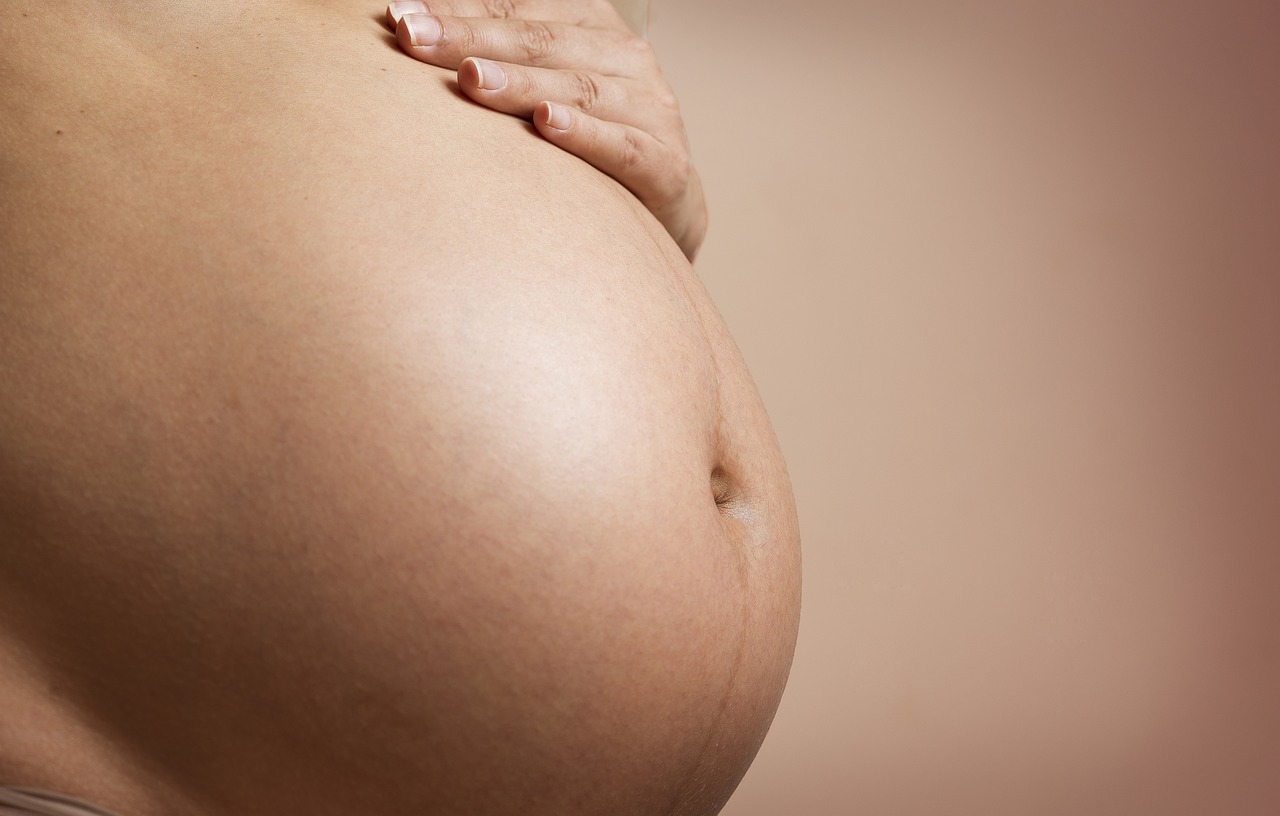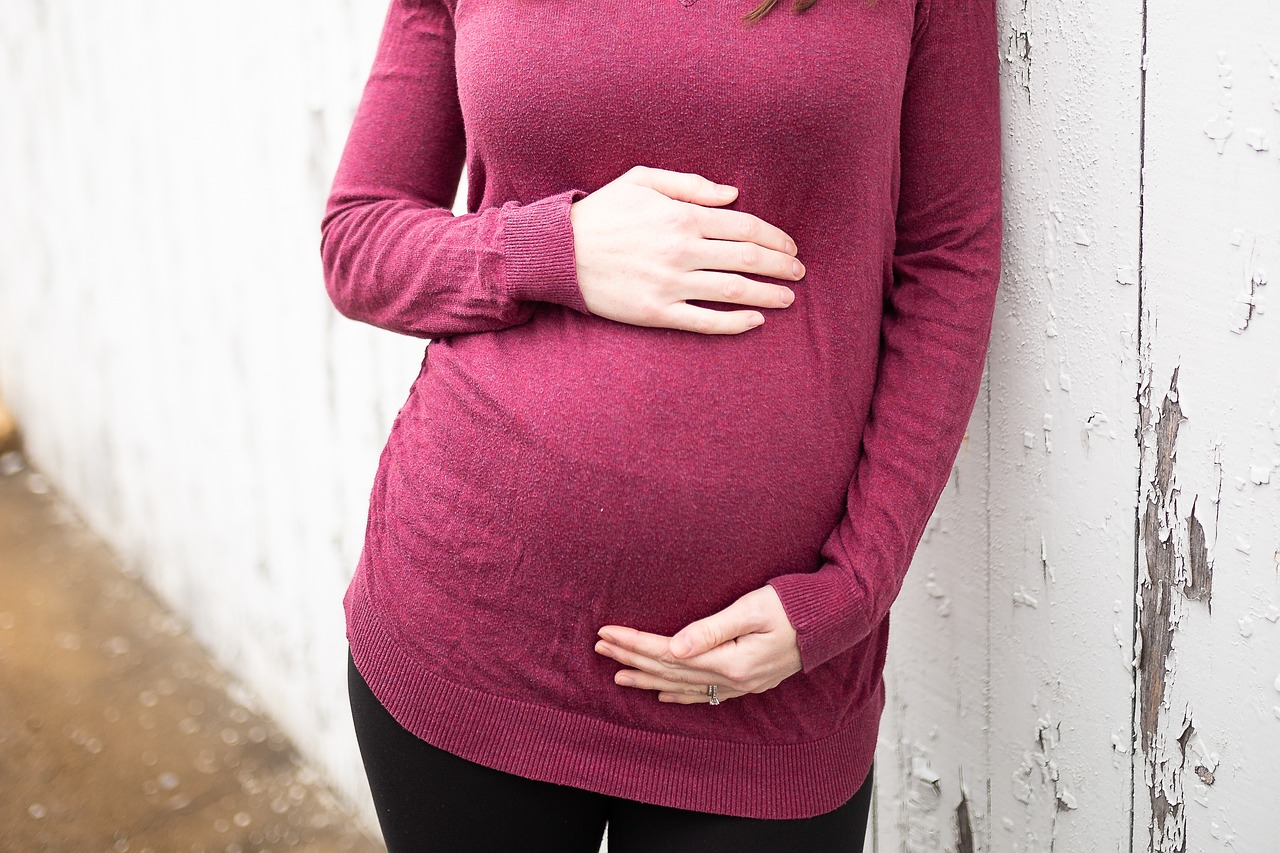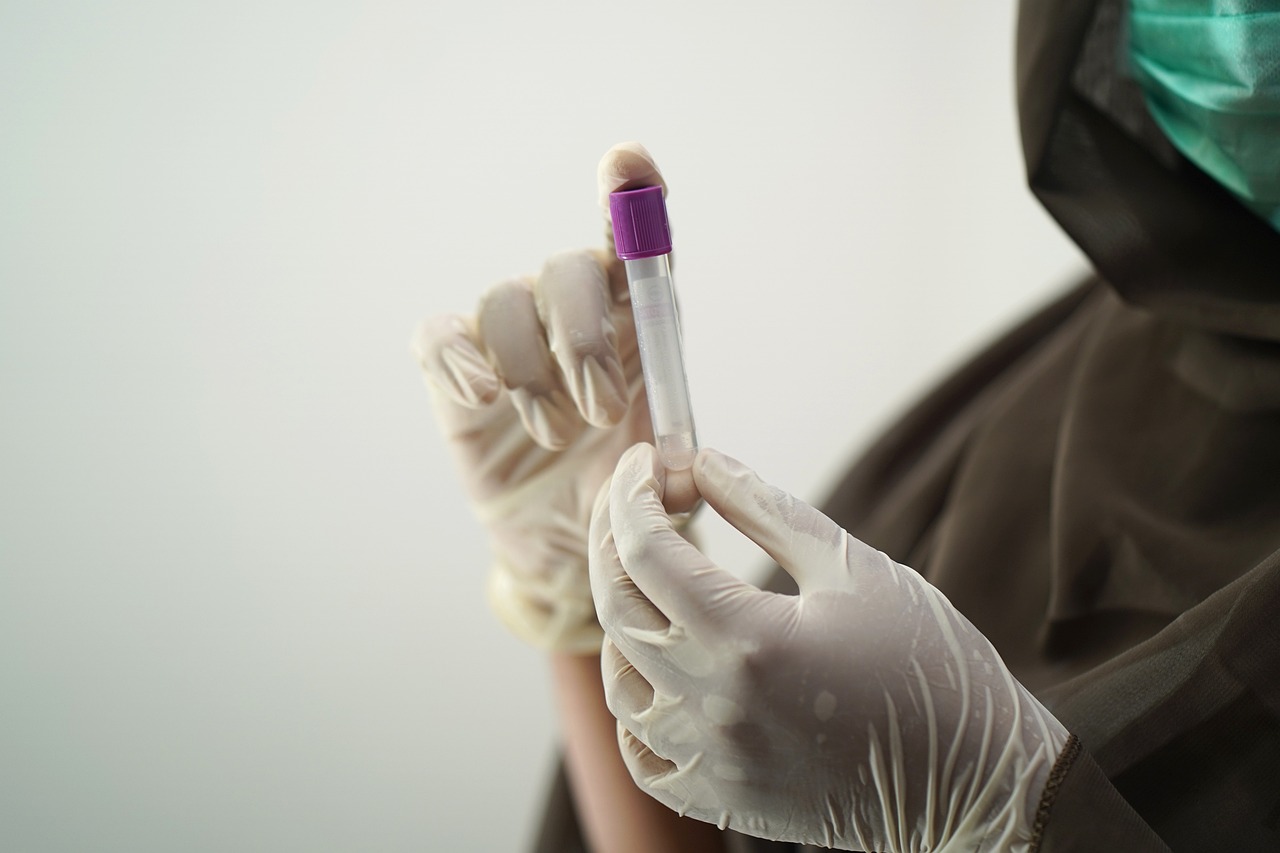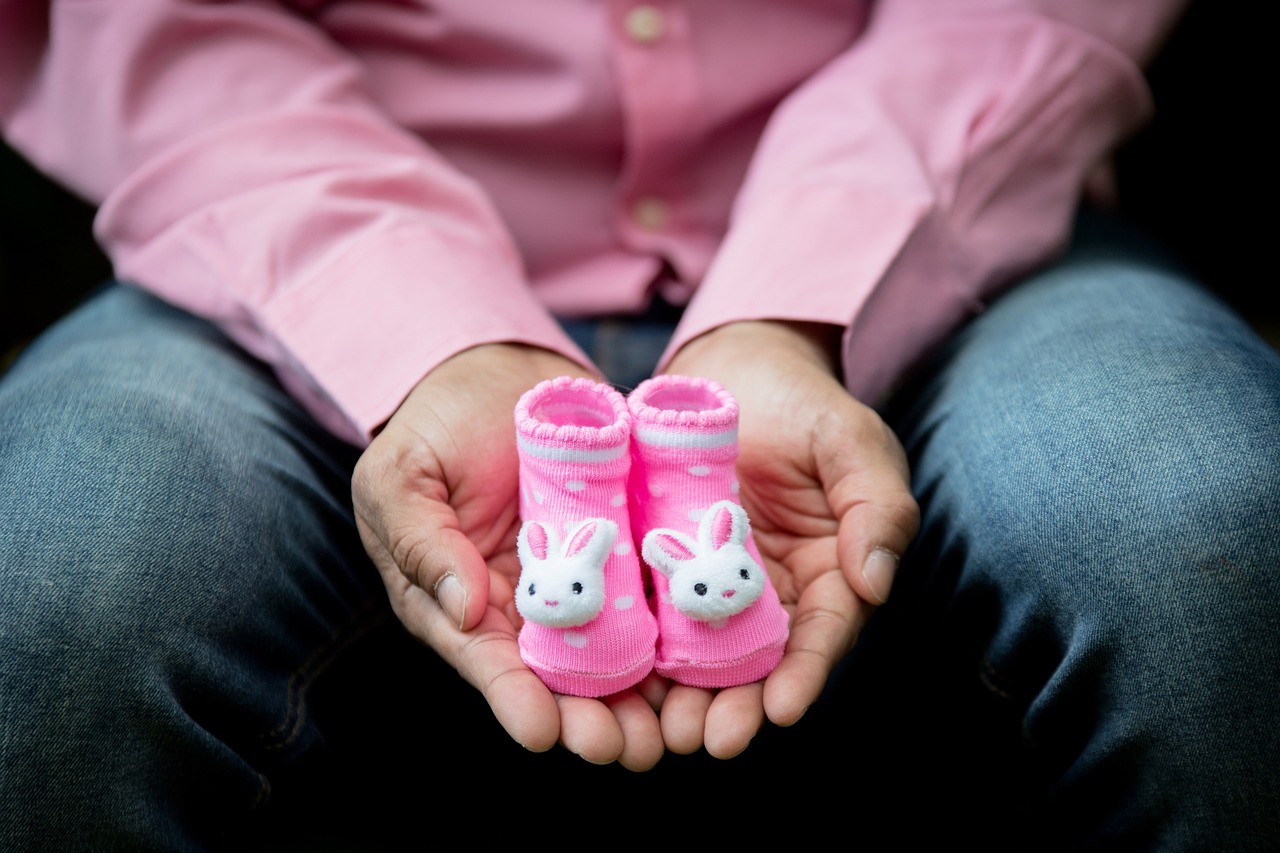When it comes to determining the effectiveness of a pregnancy test after sexual intercourse, timing is of the essence. The accuracy of a pregnancy test largely depends on how soon it is taken after sex. Let’s delve into the details to understand the optimal window for obtaining reliable results.
Various types of pregnancy tests are available on the market, each with its own sensitivity and accuracy levels. These differences play a crucial role in determining the timeframe within which they can detect pregnancy hormones post-sexual activity. It’s essential to choose the right test based on your needs and circumstances.
Early detection tests are designed to provide quick and accurate results, often claiming to detect pregnancy sooner than traditional tests. While these tests can be convenient for those seeking early confirmation, it’s important to consider their effectiveness and limitations before relying solely on their results.
Factors such as the type of test used, the individual’s hormone levels, and the timing of the test can significantly impact the accuracy of pregnancy test results after sex. Understanding these factors can help individuals interpret their test results more effectively and make informed decisions.
When uncertainty arises regarding the accuracy of a home pregnancy test or if conflicting results are obtained, seeking guidance from a healthcare provider is highly recommended. Healthcare professionals can conduct further testing to confirm pregnancy and provide necessary guidance and support throughout the process.

Types of Pregnancy Tests
Different types of pregnancy tests are available on the market, each offering unique features and levels of accuracy. Understanding the differences between these tests is essential for individuals determining the most suitable option for their needs. Here are some common types of pregnancy tests:
- Urine Tests: These are the most common type of pregnancy tests, often available as over-the-counter kits. They detect the presence of human chorionic gonadotropin (hCG) hormone in the urine, indicating pregnancy.
- Blood Tests: Blood tests are conducted at healthcare facilities and can detect hCG levels earlier than urine tests. They are more sensitive and provide accurate results, making them a preferred choice for early detection.
- Digital Tests: Digital pregnancy tests display results in words like “pregnant” or “not pregnant” instead of traditional line indicators. They are easy to read and eliminate the need for interpreting faint lines.
- Early Result Tests: These tests claim to detect pregnancy hormones even before a missed period. They offer quick results and high sensitivity, providing early confirmation of pregnancy.
Considering the sensitivity and accuracy of each type of pregnancy test is crucial when deciding which one to use. Factors such as cost, convenience, and reliability play a significant role in choosing the most suitable test for timely and accurate results.

Timing for Accuracy
When it comes to the accuracy of a pregnancy test, timing is crucial. The effectiveness of the test can vary depending on when it is taken after sexual intercourse. Understanding the optimal window for testing can help individuals obtain reliable results and avoid unnecessary stress.
Here are some key points to consider regarding the timing for accuracy of pregnancy tests:
- Early Testing: Taking a pregnancy test too early after intercourse can result in a false negative. It is recommended to wait at least one week after a missed period for more accurate results.
- First Morning Urine: Testing with the first urine of the day is often recommended as it is more concentrated with pregnancy hormones, increasing the test’s accuracy.
- Follow Instructions: Each pregnancy test kit comes with specific instructions on when to take the test. It is essential to follow these guidelines for the most accurate results.
- Tracking Ovulation: Knowing your ovulation cycle can help determine the best time to take a pregnancy test. Testing too early or too late in your cycle can affect the accuracy of the results.
By understanding the importance of timing when it comes to pregnancy testing, individuals can make informed decisions about when to take a test to achieve the most accurate and reliable results. Remember, patience is key when it comes to waiting for the right time to confirm or rule out a potential pregnancy.

Early Detection Tests
Early detection pregnancy tests are designed to provide quick and accurate results, often before a missed period. These tests work by detecting low levels of the pregnancy hormone hCG in urine. Here are some key points to consider:
- Sensitivity: Early detection tests are more sensitive than traditional tests, allowing them to detect lower levels of hCG earlier.
- Accuracy: While these tests can provide results sooner, their accuracy may vary. Factors such as the timing of testing and the concentration of hCG in urine can impact the reliability of results.
- Timing: It is essential to follow the instructions carefully and test at the recommended time for optimal accuracy. Testing too early may result in a false negative, while testing too late could lead to a false positive.
- Cost: Early detection tests may be more expensive than traditional tests due to their advanced technology and sensitivity. However, the convenience and peace of mind they offer can outweigh the cost for many individuals.
When considering an early detection pregnancy test, it is important to weigh the benefits of early results against the potential for false readings. Consulting a healthcare provider for confirmation and guidance is advisable, especially if results are unclear or conflicting. Remember, the most important thing is to choose a test that suits your needs and provides accurate results when you need them most.

Factors Affecting Test Results
When it comes to pregnancy test results, several factors come into play that can significantly affect the accuracy of the outcome. Understanding these variables is crucial for individuals relying on home testing kits to confirm or rule out pregnancy post-sexual activity.
Here are some key factors that can influence the reliability of pregnancy test results:
- Type of Test: Different pregnancy tests vary in sensitivity and accuracy levels, impacting how soon they can detect pregnancy hormones after intercourse.
- Hormone Levels: The individual’s hormone levels can affect the accuracy of the test. Testing too early or too late in the menstrual cycle can lead to false results.
- Timing of Testing: The timing of the test after intercourse is crucial. Testing too early may not capture the presence of pregnancy hormones, while testing too late can lead to inaccurate results.
- Quality of the Test: The quality of the pregnancy test itself can impact its accuracy. Using a reliable and reputable brand can increase the likelihood of obtaining correct results.
Considering these factors when taking a pregnancy test can help individuals make informed decisions about their reproductive health. If there are doubts about the results obtained from a home pregnancy test or if conflicting results arise, seeking guidance from a healthcare provider is recommended for further testing and confirmation.

Consulting a Healthcare Provider
When it comes to the accuracy of home pregnancy tests, consulting a healthcare provider can provide clarity and guidance in uncertain situations. If you find yourself unsure about the results of a home test or if the results are conflicting, seeking professional medical advice is crucial for accurate confirmation. Healthcare providers have access to more sensitive tests and can offer further testing options to ensure a reliable outcome.
Frequently Asked Questions
- How soon after unprotected sex can I take a pregnancy test?
The recommended time to take a pregnancy test after unprotected sex is about two weeks or when your period is late. Testing too early may result in a false negative.
- Can a pregnancy test give a false positive result?
While rare, false positive results can occur due to certain medications, medical conditions, or an expired test. It’s advisable to confirm positive results with a healthcare provider.
- Do different pregnancy tests have different levels of accuracy?
Yes, various pregnancy tests have different sensitivities and accuracies. Some tests can detect lower levels of hormones earlier than others, impacting the reliability of results.
- What should I do if my pregnancy test results are conflicting?
If you receive conflicting results from multiple tests, it’s best to consult a healthcare provider for further evaluation. They can perform a blood test or ultrasound for confirmation.
- Are there factors that can affect the accuracy of a pregnancy test?
Factors like improper test usage, expired tests, certain medications, and medical conditions can impact the accuracy of a pregnancy test. Following the instructions carefully is crucial for reliable results.